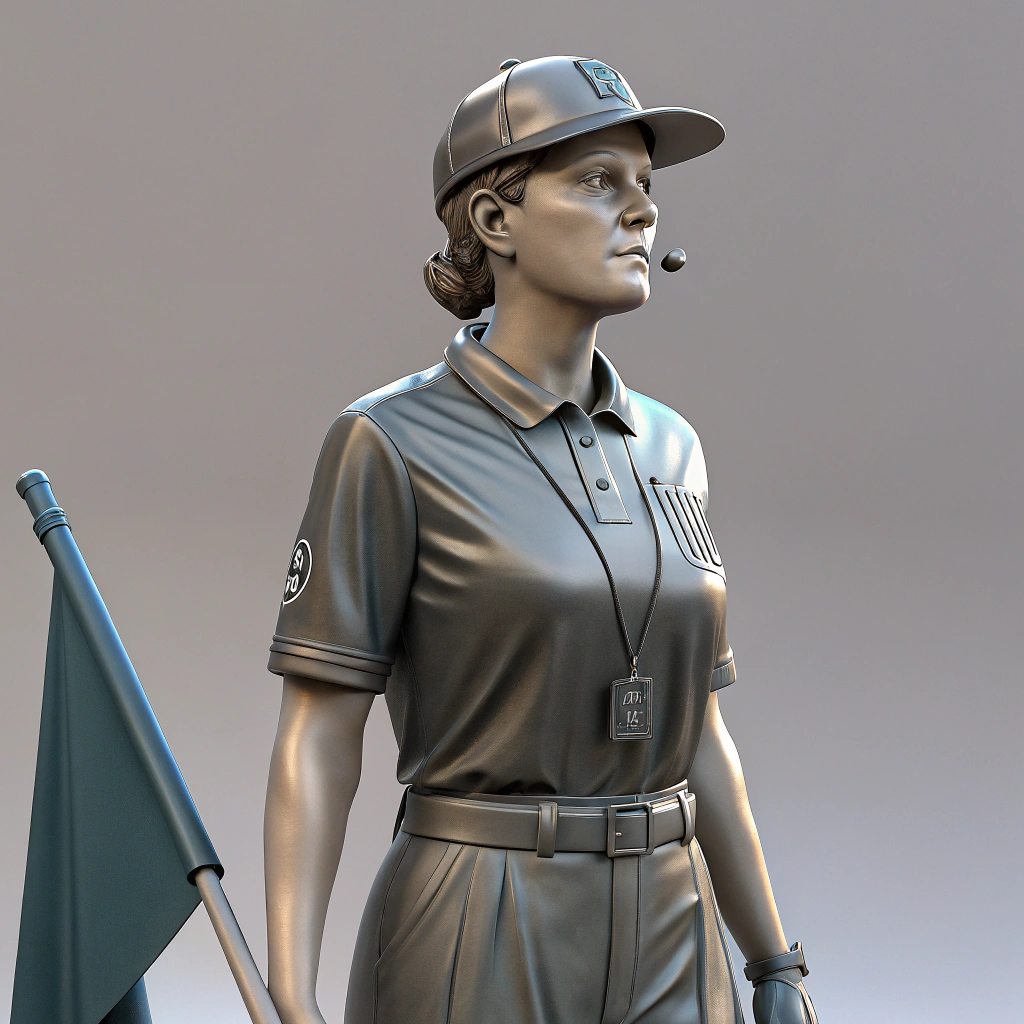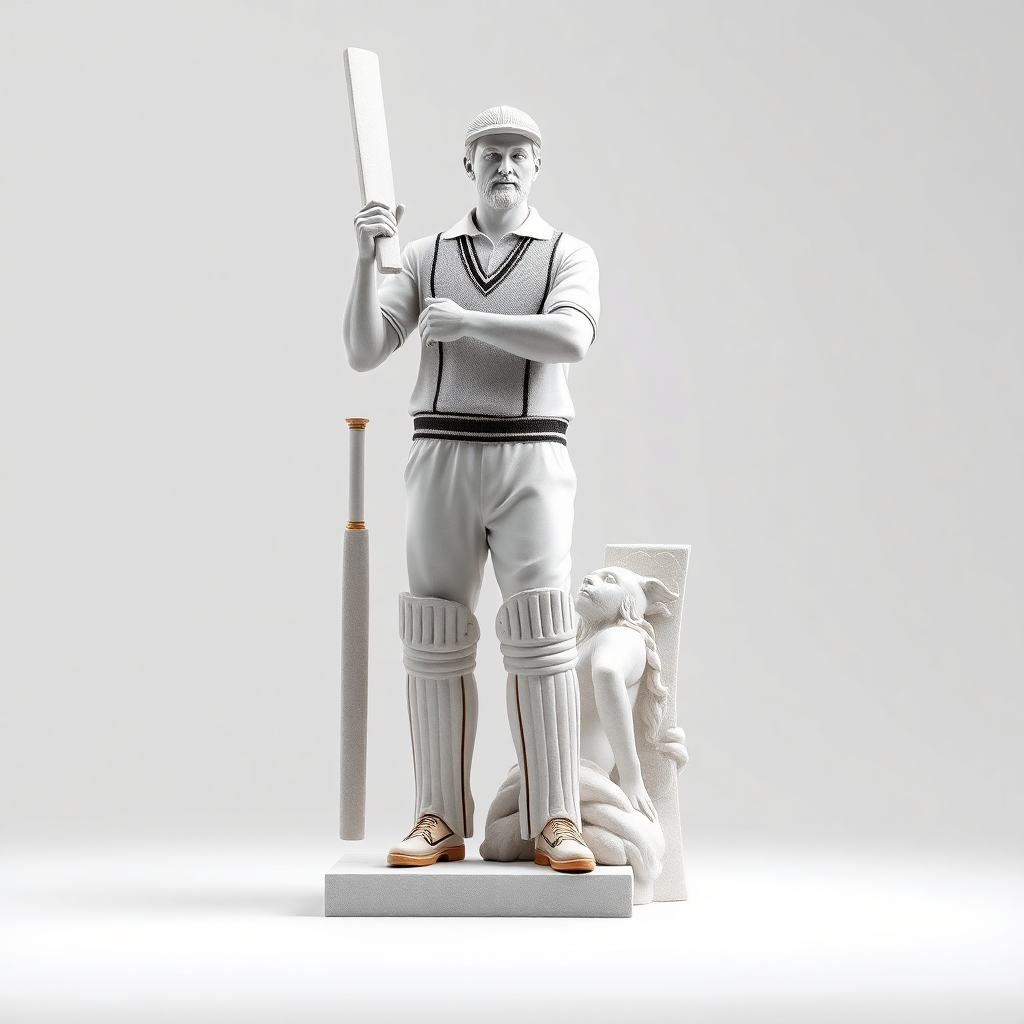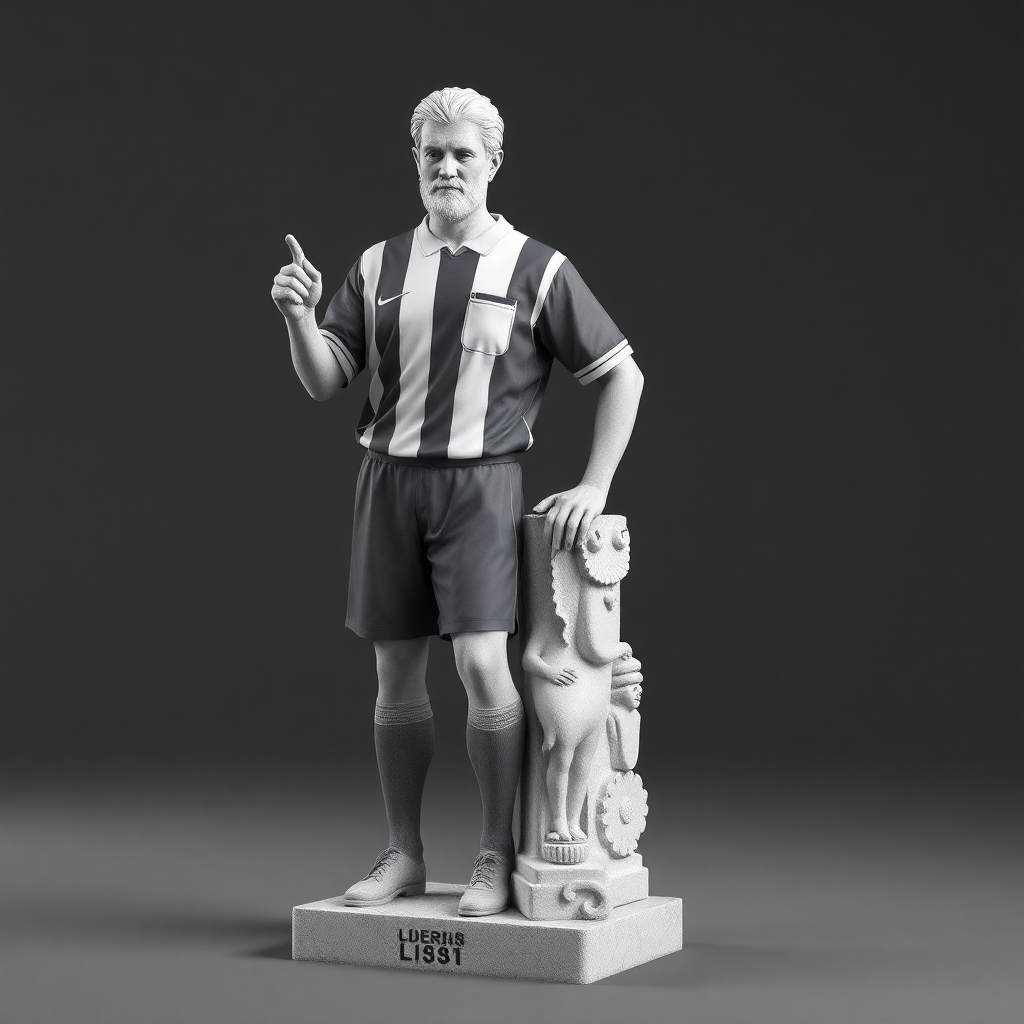The Effective Role Of Umpires Powerful Control In Sports
Umpires
Power and Control in Sports
In the world of sports, umpires stand as the unsung heroes who ensure every game is played with fairness and integrity. Their decisions, often made in the blink of an eye, hold the power to maintain order and uphold the spirit of the sport. But beyond their technical skills and rulebooks, it’s their ability to exude power and control that truly defines their effectiveness
Why Umpires Must Exude Power and Control in Sports
In the fast-paced world of sports, where emotions run high and split-second decisions can change the course of a game, umpires hold a position of immense responsibility. Their role goes far beyond making calls on plays; they are the guardians of fairness and order on the field. To fulfill this role effectively, umpires must project an aura of power and control at all times.

Maintaining Authority Amid Intense Competition
Sports, by their very nature, bring out intense emotions in players, coaches, and fans alike. Without a strong sense of authority from umpires, the game could quickly spiral into chaos. An umpire’s ability to exude control assures everyone involved that the rules will be upheld impartially, no matter the stakes.
For example, during critical moments in a game—like a disputed call or a last-second decision—the visible confidence of an umpire can de-escalate tensions. If an umpire hesitates or appears unsure, it invites challenges and undermines their authority. Conversely, a decisive demeanor reinforces trust in their judgment, keeping the focus on the game itself.
Creating an Environment of Respect and Compliance
Another key reason why umpires must project power is to establish a sense of respect among players and coaches. When athletes perceive that an umpire is in control, they are less likely to argue or push boundaries. This respect not only ensures smoother gameplay but also fosters a safe and sportsmanlike environment.
An umpire’s control is not about being domineering; rather, it is a necessary tool to manage high-pressure situations and ensure fair play. Through assertive body language, clear communication, and unwavering adherence to the rules, umpires command the respect needed to manage even the most contentious games.

The Balancing Act
Power Without Overreach
While projecting power and control is crucial, umpires must strike a delicate balance. Overexerting their authority can alienate players and fans, potentially overshadowing the spirit of the game. The best umpires exhibit what could be called “calm authority”—a blend of strength and fairness that keeps the game on track without becoming a spectacle themselves.
This balance ensures that the umpire’s presence is felt, but never resented. By maintaining control with empathy and impartiality, they enhance the integrity of the sport they oversee.
Managing Player Psychology
Effective umpires understand the psychology of the players they oversee. In high-pressure situations, players can become emotional or frustrated. By exuding calm authority, umpires can influence player behavior, reducing the likelihood of confrontations and allowing for smoother gameplay. A confident umpire serves as a stabilizing force, preventing emotions from disrupting the game.
Building Credibility Through Consistency
Consistency is key to an umpire’s reputation and effectiveness. Players and coaches are more likely to respect an umpire who applies the rules fairly and consistently across the board. By demonstrating unwavering control and impartiality, umpires build credibility over time, ensuring that their decisions are trusted and accepted even in controversial moments.
Communication as a Tool of Control
Clear and confident communication is another vital aspect of umpiring. Umpires must articulate their decisions assertively, using both verbal explanations and non-verbal cues like hand signals. This clarity leaves no room for ambiguity, reducing confusion and reinforcing their authority on the field.
Handling Crowd Dynamics
In some sports, the presence of a vocal and passionate crowd can add another layer of complexity for umpires. By maintaining a composed and authoritative demeanor, they can prevent external pressures from influencing their judgment. This ability to stay focused under intense scrutiny underscores their role as the ultimate arbiters of the game.

Encouraging Sportsmanship
Finally, umpires play a critical role in promoting sportsmanship. By demonstrating control and fairness, they set an example for players and coaches to follow. Their presence reminds everyone involved that respect for the rules and the spirit of the game should always come first, fostering a positive experience for all.
Conclusion
An umpire’s role is far more than just enforcing rules—it’s about creating an environment where the love of the game can thrive. By embodying power and control, they prevent chaos, maintain respect, and inspire confidence in their decisions. Yet, the best umpires master the art of balanced authority, ensuring their impact enriches the game rather than overpowering it. In the end, their ability to exude control defines not only their success but also the fairness and excitement of the sports we cherish.
Join the Discussion
What are your thoughts on the role of umpires in sports? Do you agree that exuding power and control is essential for their success, or do you think there’s another approach to maintaining order on the field? Have you ever witnessed an umpire whose presence changed the dynamic of a game, for better or worse?
#SportsUmpires #FairPlay #Sportsmanship #UmpireRole #GameControl #SportsAuthority #SportsBlog #SportsDiscussion #GameIntegrity #RefereeLife #CompetitiveSports #RespectTheUmpire #GameRules #SportsDebate #UmpireSkills #SportsFocus #ClearDecisions #PlayerPsychology #SportsFans #GameManagement #BalancedAuthority #GameDynamics #RespectAndCompliance #SportsOfficial #GameOrder #GameFairness #UmpiringPower #FairGamePlay #SportsExperience #RulesAndRespect #UmpireImpact







3 Comments
Comments are closed.